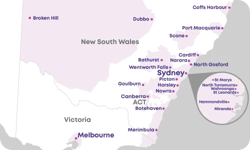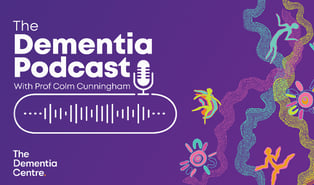Our plan for Reconciliation
Our passion is improving the quality of life of people in need.
Our plan for Reconciliation
Our passion is improving the quality of life of people in need.
Our commitment
Through a relationship-based approach, we work to promote dignity for people of all cultures, as we reflect and acknowledge our responsibility towards reconciliation for First Nations peoples and non-Indigenous Australians.
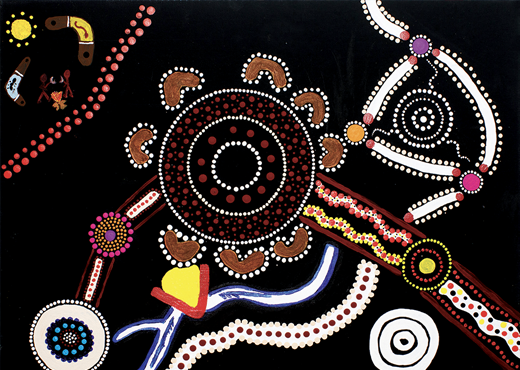
Our first steps towards reconciliation
Listen
to First Nations people – there is no one size fits all when it comes to reconciliation.
Learn
from their experiences to find out just how we can make the most impact. We must show a willingness to change – a willingness to make mistakes without judgment.
Humility
to admit we don’t have all the answers, though we know we have a small but meaningful role to play. We need to acknowledge our shared history, and the need to do better in the future.
Partnership
and a desire to work together with First Nations people – including our staff, residents, clients, patients, local partners and other external parties
Working to strengthen our relationships with First Nations peoples
Our Reflect Reconciliation Action Plan is a positive step towards developing real actions that build reconciliation.
Our vision for reconciliation acknowledges the rich history and culture of the First Nations peoples and their lands on which we care.
We acknowledge the valuable contribution of First Nations people to whom we’ll listen as we learn, building our understanding and awareness of First Nations history and culture.
It is only by taking these first steps that we can be true to our Mission and deliver care that is culturally safe, inclusive and informed: improving quality of life for people in need.
Download our RAP
Our Reflect Reconciliation Action Plan outlines current activities, future commitments and plans to develop respectful and trusting partnerships between First Nations People and non-Indigenous Australians including our staff, residents, clients, patients, local partners and other external parties.
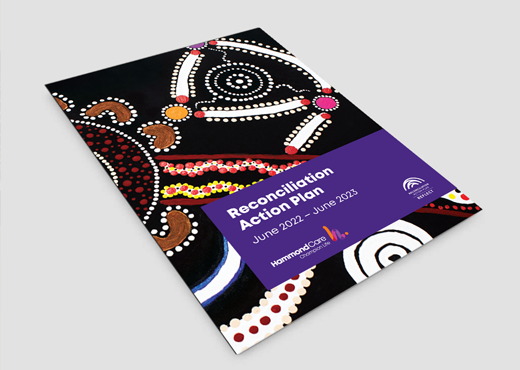
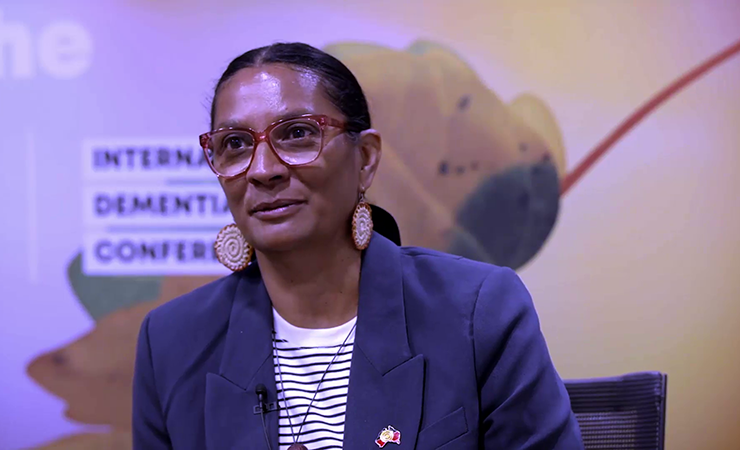
What can we do differently?
Australian Olympian, politician and proud First Nations woman Nova Peris OAM shares her thoughts on the need to engage with First Nations people to create change.

First Nations Resources
Dementia Support Australia, a service led by HammondCare, has co-designed resources with First Nations experts and champions to support the care of First Nations people, in particular those living with dementia.
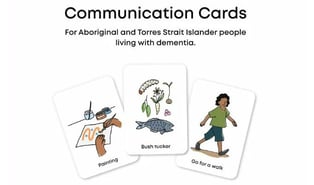
28 January 2022 | Article
Aboriginal & Torres Strait Islander Communication Cards
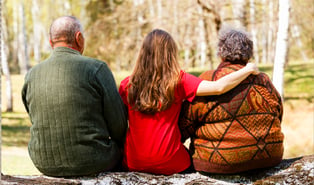
27 January 2022 | Article
Helping Your Family Member with Dementia Move into Residential Aged Care
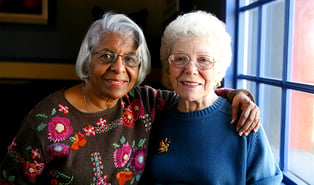
25 January 2022 | Article
Behaviour Support for Aboriginal & Torres Strait Islander People Living with Dementia
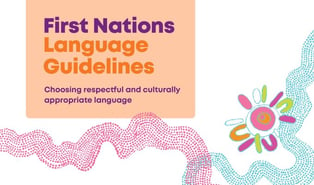
4 July 2022 | Article
First Nations Language Guide
Balarinji Artwork
We partnered with Balarinji on a design for online and printed resources specific to First Nations people
The design Balarinji created is based on the artwork Spring Journey & Spirit Ancestors, and depicts the scorched earth under the sparse shade of desert scrub. The land drums a tribal beat. The design is about a journey through time.
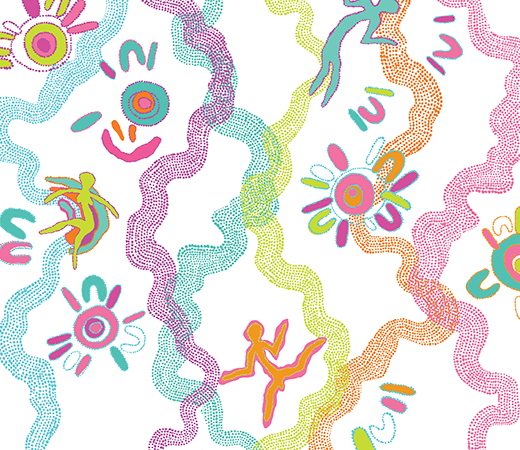
For our RAP we commissioned artwork from one of our previous team members, Tanya Conlon
Tanya, a proud Ngarrindjeri woman, painted three special pieces of art that focus on the organisation and the journey of reconciliation: Knowledge Tree, The Journey and Dreamtime.
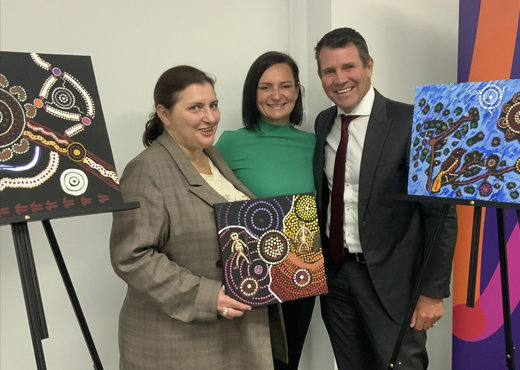
Our Reconciliation Working Group
Our RAP implementation will be monitored and governed by our RAP Working Group (RWG).
The RWG aims to represent each of our services and cover our entire geographical spread, across all levels of seniority.
The RWG is chaired by Mark Peacock, the General Manager of Strategy, Transformation & Impact.

